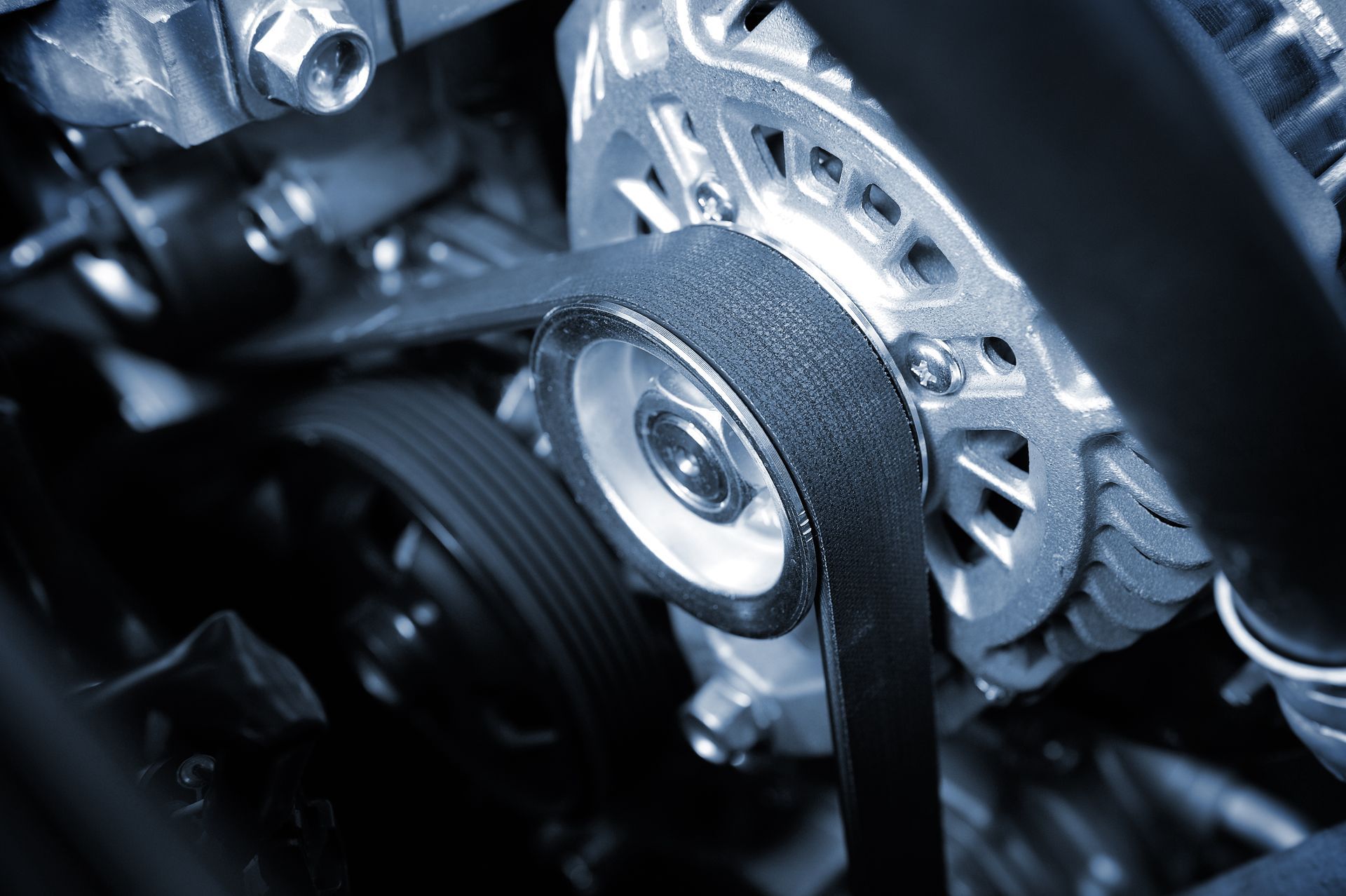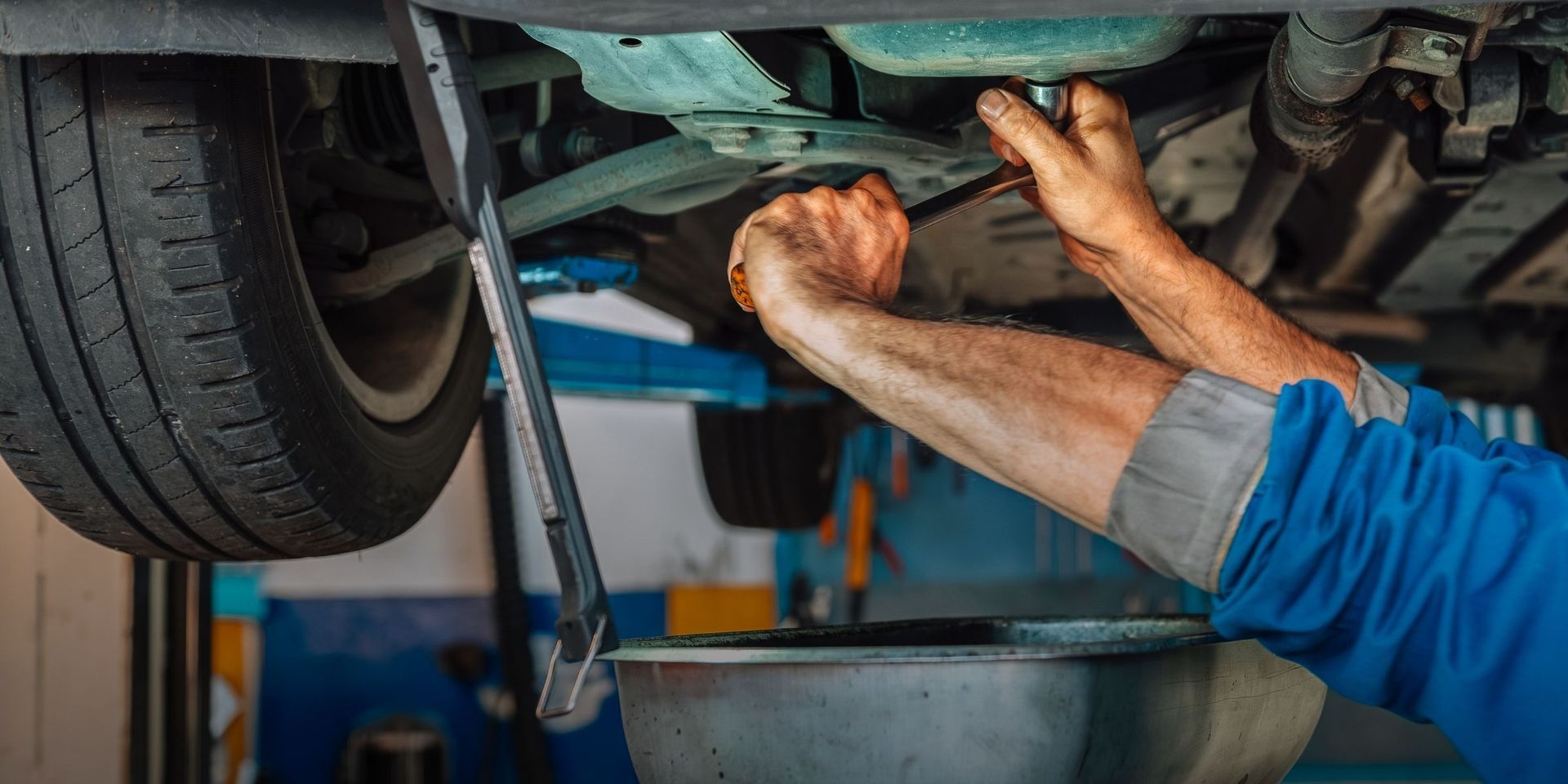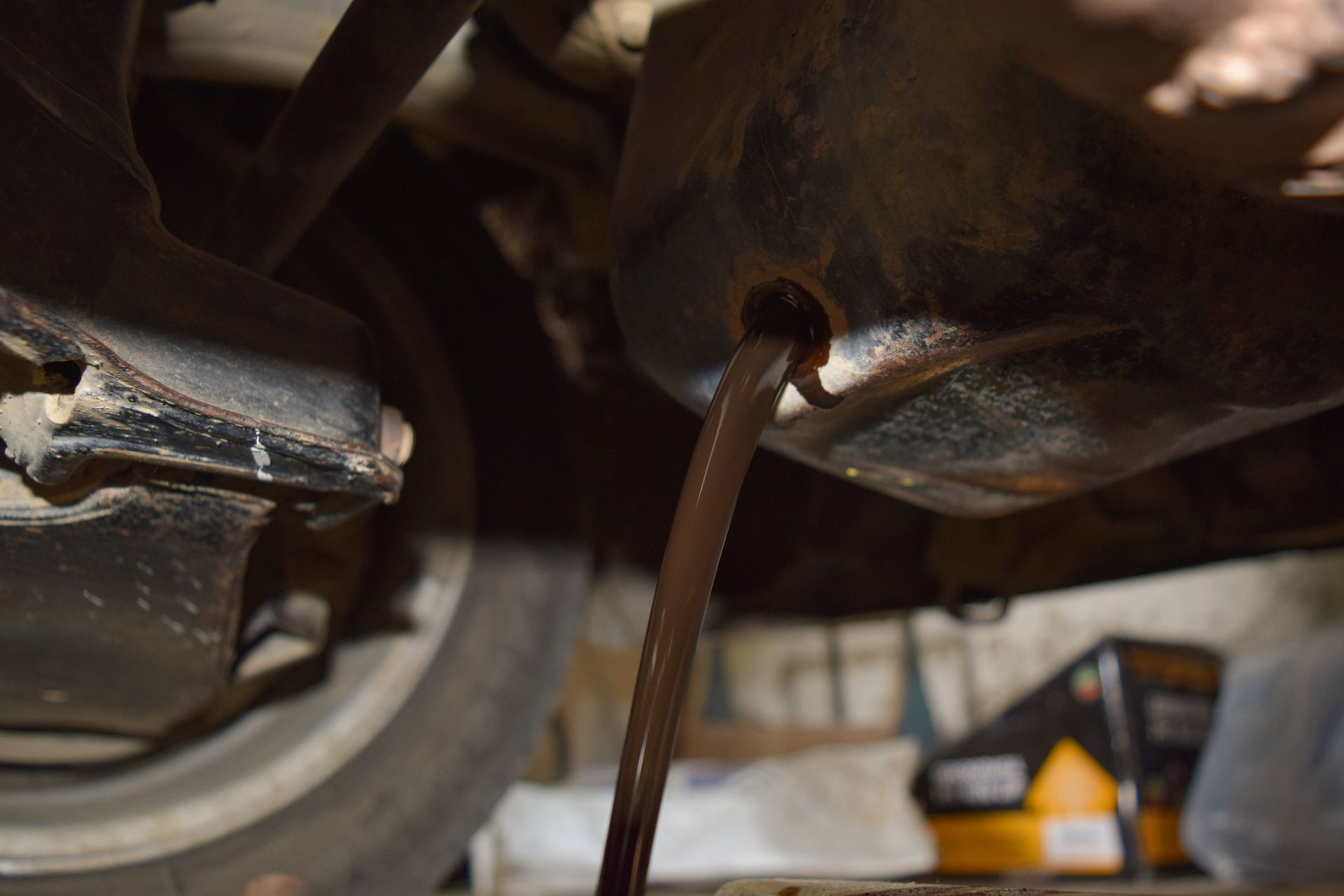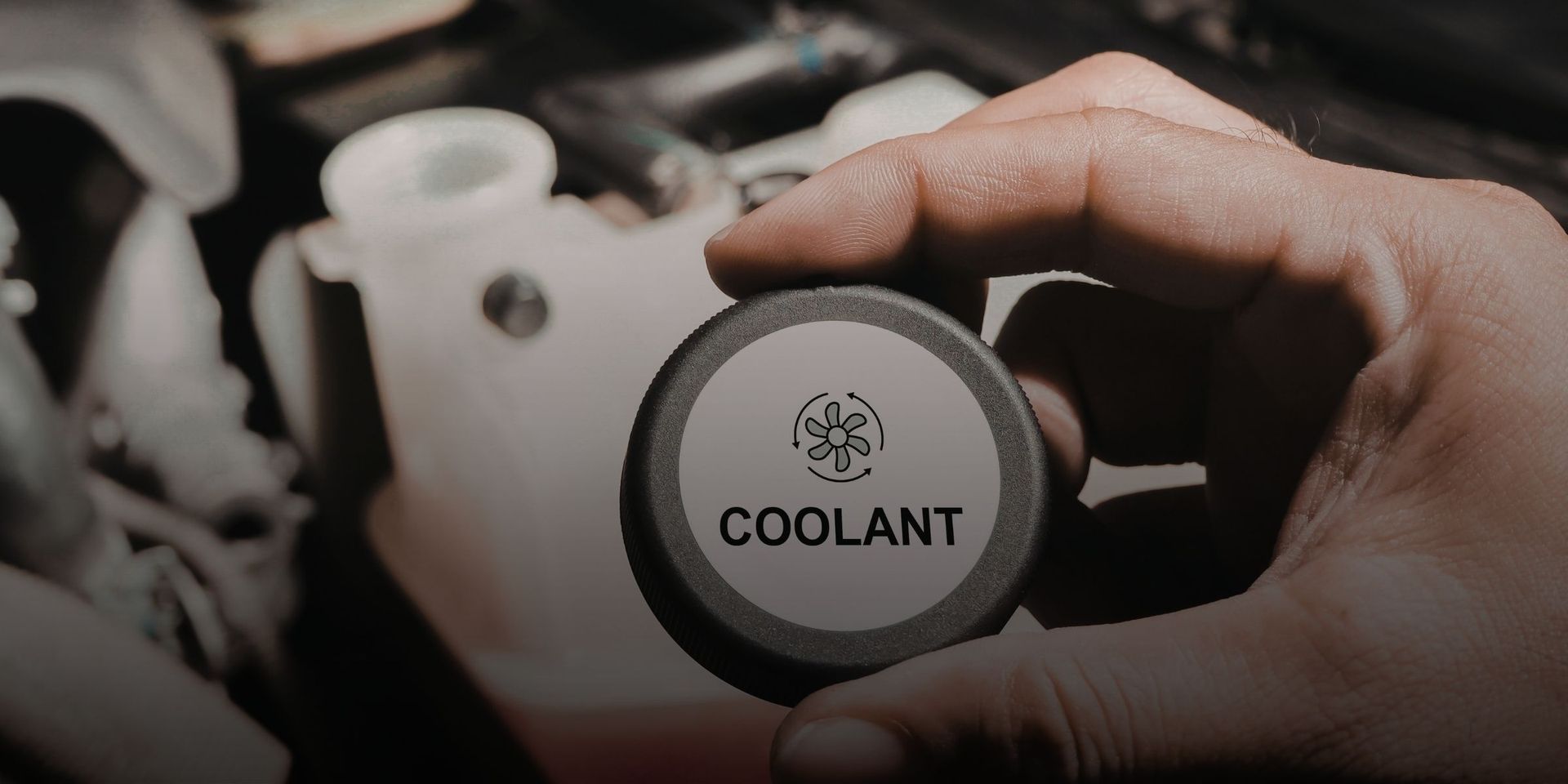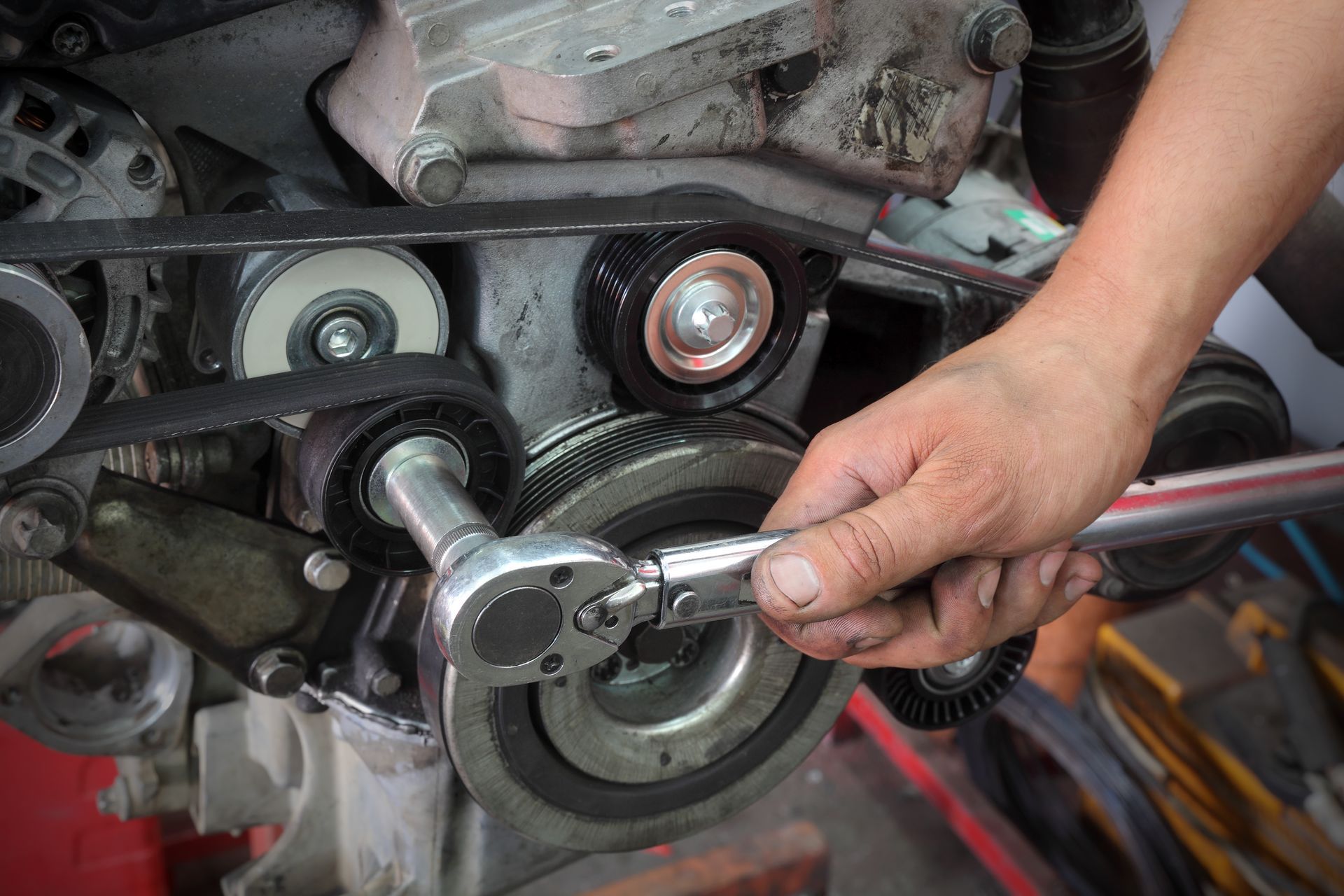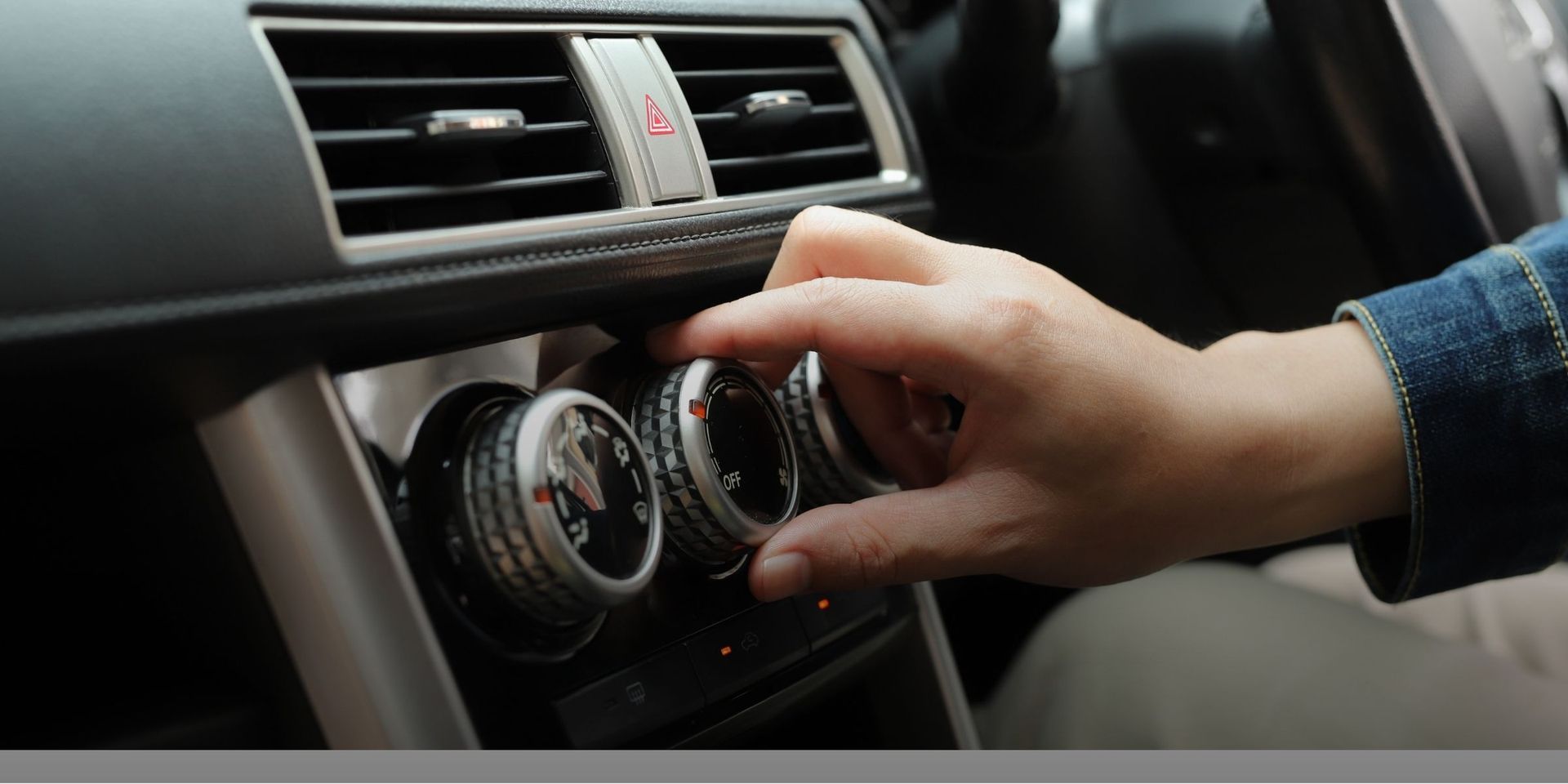A simple DIY brake guide for Ford truck owners — plus tips on knowing when it’s safer to let a certified mechanic handle the job.
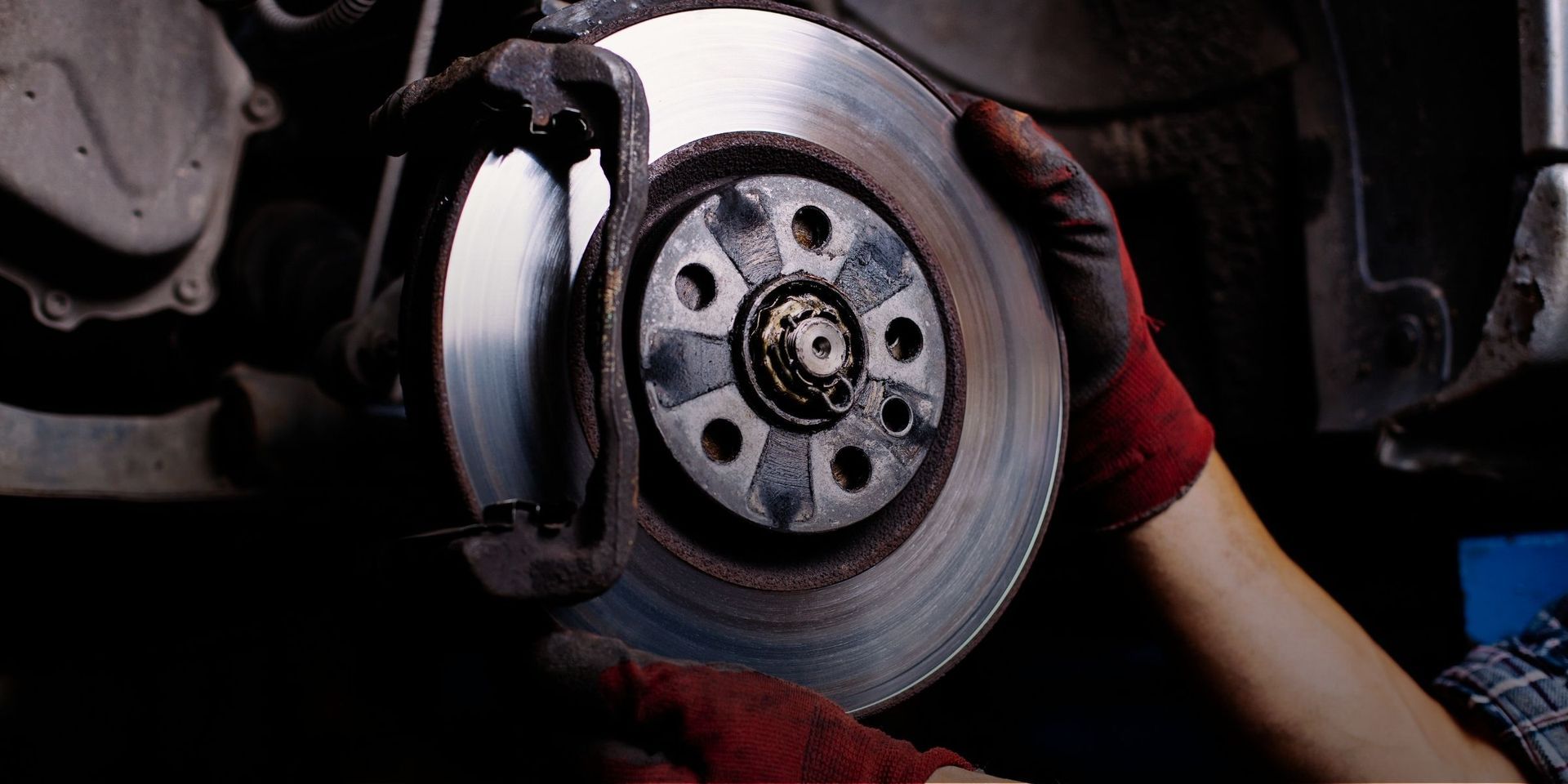
How to Change Rear Brakes on a Ford F-150 (and When to Call a Pro)
If you own a Ford F-150, you already know it’s built to work hard. But even the toughest trucks need regular brake maintenance.
Whether you’re a weekend DIYer or just curious about how your brake system works, this step-by-step guide will help you understand the process, and when it’s best to hand things over to a pro.
Step 1: Gather Your Tools
Before you start, make sure you have everything you’ll need:
- Jack + jack stands
- Lug wrench
- Socket set
- C-clamp or brake caliper tool
- Torque wrench
- Brake grease and new brake pads
Safety reminder: Park on a flat surface, engage your parking brake, and wear safety glasses and gloves before lifting your truck.
Step 2: Remove the Wheel and Access the Caliper
Loosen the lug nuts, lift the truck securely, and remove the wheel. You’ll see the brake caliper: a clamp-like part that wraps around the brake rotor.
Step 3: Remove the Caliper and Inspect the Pads
Use your socket set to remove the caliper bolts. Compress the caliper piston gently using a C-clamp or caliper tool, then slide the caliper off. Inspect the brake pads, if they’re less than ¼-inch thick or unevenly worn, replace them.
Step 4: Install New Pads and Reattach the Caliper
Apply a thin layer of brake grease to the caliper bracket to prevent squeaking. Slide in the new pads, then reattach the caliper and tighten the bolts securely.
Step 5: Reinstall the Wheel and Torque Properly
Reinstall the wheel and tighten the lug nuts by hand first, then use a torque wrench to match Ford’s manufacturer specifications (usually around 150 lb-ft, but always check your owner’s manual).
Step 6: Pump and Test Your Brakes
Before driving,
pump the brake pedal several times to seat the caliper piston.
If the pedal feels firm and responsive, you’re ready for a short, cautious test drive.
When to Call a Certified Mechanic
Modern F-150 brake systems differ depending on the year and trim, Some include electronic parking brakes or ABS sensors that require professional calibration tools.
If you notice:
- Persistent squealing or grinding noises
- Brake pedal vibration or softness
- Fluid leaks near the wheel well
Then it’s time to
bring your truck to a certified mechanic. Ignoring those signs can lead to costly rotor or caliper damage.
Why trust a pro?
Certified technicians have the diagnostic tools and torque specs for your exact model year, ensuring your truck stops safely and evenly.
Schedule Brake Repair in Alpharetta →
Keep Your F-150 Running Strong
Regular brake inspections every 12 months (or 15,000 miles) can save you from unexpected repairs.
If you’re ever unsure or short on time,
our
ASE-certified team at America’s Service Station Alpharetta is here to help.

